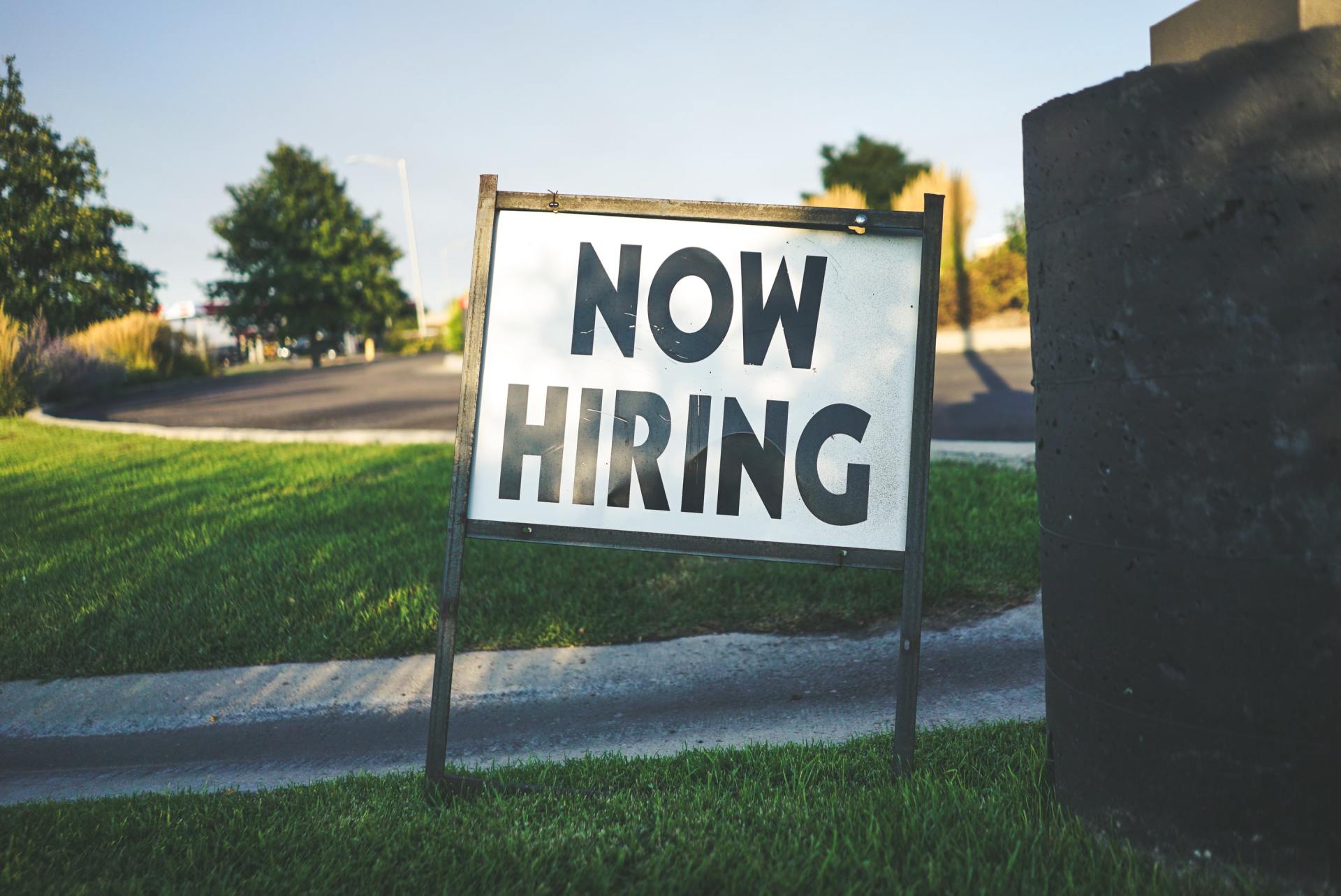


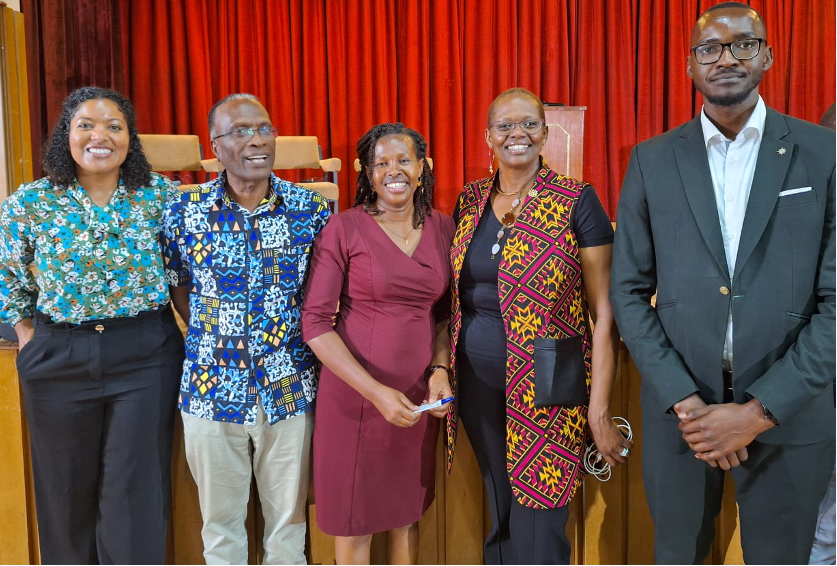
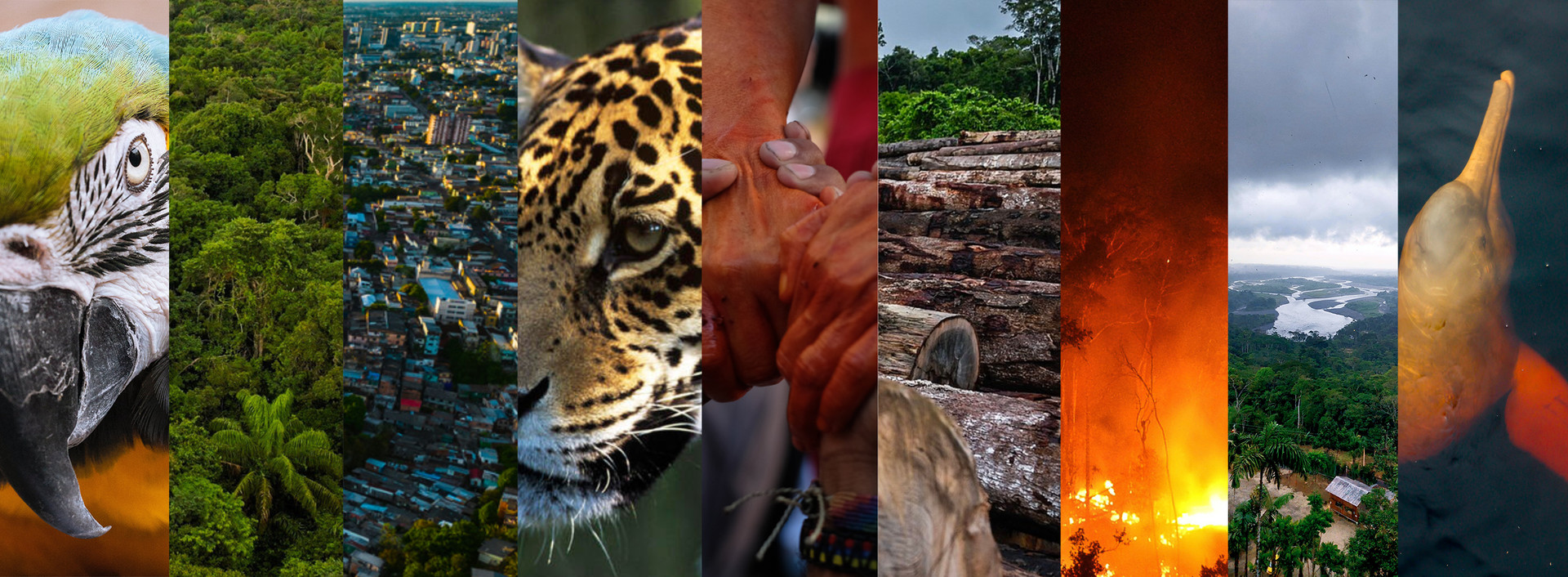
The session started with a presentation by our special guest David Nabarro
who presented some key insights from the Food System Summit Dialogues. The aim was to develop a form of dialogues about food that can be
applied everywhere. So far, already 40 events took place with over 2000
participants.
David Nabarro
, Strategic Director of 4SD, Convenor of the
Food System Dialogues, Envoy of WHO Director-General on COVID-19, and
Co-Director and Professor of the Institute of Global Health Innovation
at Imperial College London.
The food system summit has four workstreams:
Food systems are complex and locally variable with multiple stakeholders with different roles, perspectives and values.
Politics create structures in systems and make food systems more stable.
Through a dialogue, different stakeholders can gather to examine food systems and create circumstances that might allow system change.
Therefore, the dialogue must have:
Three kinds of dialogues were developed
I. Country-Level Dialogues , following these steps:
Dialogues in countries lead by member states – stakeholders at national identifying the issues of the food system.Small-scale agriculture is only marginally touched in many discussions about food.
Six core issues came up in the dialogues:
Read more in the Red Thread report.
Ken Giller: Do we need a fundamental shift in incentives and policies to tackle the ongoing issues of smallholders. How might this shift look like?
Quote of Wayne Gretzky, hockey player: “A good player plays where the puck is, but a great hockey plays to where the puck will be.”
Hence, Thomas Jayne lays out the major trends in Africa . In general, Africa is developing very well.
What are the drivers :
The pace of the transformation process is different in the countries, respectively. But in general, there are positive trends – mirrored by young Africans who are optimistic about the future of their continent – an important statement
Policy implications of inclusion:
Smallholder farmers are much more entrepreneurial than we give them credit for. Hence, they should be looked at as small food system entrepreneurs. Landholding is a significant limitation in terms of size and land rights. Nevertheless, we should empower, next to fixing land rights issues, the diversification of economic activities .
Not all smallholders and countries are homogeneous. It is important to identify the potential of diversification of food systems in individual countries. Thereby, IFAD focusses on four quadrants:
There is a future of small-scale farming in Africa. 80 % of all farmers are smallholders and the communities rely on them.
In the future, there must be a total transformation
with policies playing an important role.
We must move away from subsistence farming to agribusiness
.
Policies must be functioning and consistent . Only having policies on, e.g. production but not on markets results in disfunction of the put in place policy. Hence, policies must be aligned.
Furthermore, policies must be dynamic – they must be changed based on proper analysis and not because of a change of governments.
For decades, Latin America was developing based on the idea that it will be a continent of big cities with a globally connected food production.
The reality, however, is different. There are still small and emerging towns and smallholders .
Furthermore, many small-scale farmers are linked with the production of illicit crops as their lacking opportunities.
Hence, small-scale farmers must be connected with small, medium and big cities through the production of food. Many smallholders do not produce food crops but cash crops like coffee for the international markets.
To integrate rural livelihoods with the rest of the country through the internet and the opportunity to partially move to cities, the government must realise that small-scale farming is not and agrarian but and development issue . Other sectors must be involved to implement interventions in rural areas.
Focus on subsidies – subsidy levels are high in South Asia and can distort the environment and economy.
Four key images:
Policies must be linked to the smallholders and they must be included in the planning process of territories.
Labour is crucial and smallholder enter and leave farming continuously.
Farmers need control over their assets , not global players – seeds, inputs, credits etc.
Local, real market possibilities must be established, which is difficult because of global commercial treaties like NAFTA which are unfavourable for smallholders.
Next to agricultural performance, the cultural linkages to territories must be reinforced .
To combat the issue of insecurity, e. g. due to violence, agricultural policies must be linked with social, health and educational policies .
Thomas Jayne
A meta-study on eight Asian countries showed which policies had the highest payoffs for smallholder welfare :
Developing countries with limited resources should thus invest available resources in forms of subsidies into the areas with the highest payoffs.
Ken Giller: There is multi-layered support in South Asia. What could be done purely by the market in relation to what should be the role of governments?
Avinash Kishore
The private sector will not provide:
Even in highly subsidies agriculture, markets play a big role . Agriculture is predominantly private, as the farmers and buyers are usually private entities . The question is how to align these in a way no one is exploited.
Meike van Ginneken
Subsidies will stay in the future and it is important to determine what public expenditures will focus on. Thereby it is essential to look at:
Public expenditure is good when it is well-targeted towards the poor. Less than two percent of climate finance goes to smallholders – that needs better targeting.
The African free-trade agreement is a big game changer and public expenditure will have a big return in that.
The available public expenditure must be spent properly – it is important to focus on the high payoff options to enable:
Ken Giller: Are research and development expenditures filtering through to local smallholders?
Rebbie Harawa
There must be investments in smallholders in the form of subsidies – but in what areas?
Example of Ruanda:
The result of this was that even small-scale farmers (<0.25 ha) were able to produce a surplus.
Subsidising infrastructure is crucial to open up for other crops as well which is essential for nutrition.
Angela Penagos
It is important to think about how to allocate public expenditure .
In Latin America, this is currently, done based on the individual, not on the territory.
This must be changed through institutional and national entities to respect civil societies .
Farmers must be perceived as citizens but not be excluded by urban social protection systems .
Furthermore, it is important to include the social protection systems linked labour market. In Latin America, they are informal – The implications on social protection systems for the individual must be understood.
Thomas Jayne
How do you practically improve rural livelihoods?
An example is land:
Elena Lazos
In Mexico, communal lands and collective actions are still abundant. Individualisation acts against this culture. To give the farmers a voice again in policymaking common lands and collective rights must be empowered again . Otherwise, individual farmers sell their land and promote land grabbing.
Ultimately, this also protects biological diversity.
Thomas Jayne
Prioritise African lead policy systems and strengthen African University – locals must lead the process!
Meike van Ginneken
IFAD’s role in this must be providing knowledge and finance to small-scale farmers . We must look at them as small food system entrepreneurs and amplify their entrepreneurship to allow them to add value to the food system.
Rebbie Harawa
Market-driven diversification of crop production is vital . The government has a key role to play in this but must mostly be supported by the private sector.
Angela Maria Penagos
It is important to involve the small emerging cities to include the demand side as they are of high potential.
Productivity must be increased and linked to value chains and transformation processes.
The important role of civil society on the territorial level in terms of interventions to change the situation of smallholders must be recognised.
Avinash Kishore
Long term public investments mentioned by Thomas Jayne are essential.
The policy focus must shift from productivity focus to farmers income as this is the core need of the farmer.
Overall economic development is needed to fix the problems of the agricultural sector.
We must prepare for climate change . Investments can be useless of big crises disturb the system.
Elena Lazos
The political power of smallholder must be strengthened as they are the owner of the land, food and seeds.
Territory planning must involve cultural identities to protect their land and assets.
Food possibilities must be recovered . Over 2000 plants are available but not utilised yet.
Wrap-up by Jim Woodhill and Meike van Ginneken
We must look forward and understand the future role of small-scale agriculture in a completely transformed food system.
This requires a fundamental rethinking of incentives and policies.
Meike van Ginneken
Thinking about the future is crucial for revolutionary transformation. Food systems for livelihood, environment and nutrition must be put back on the agenda.
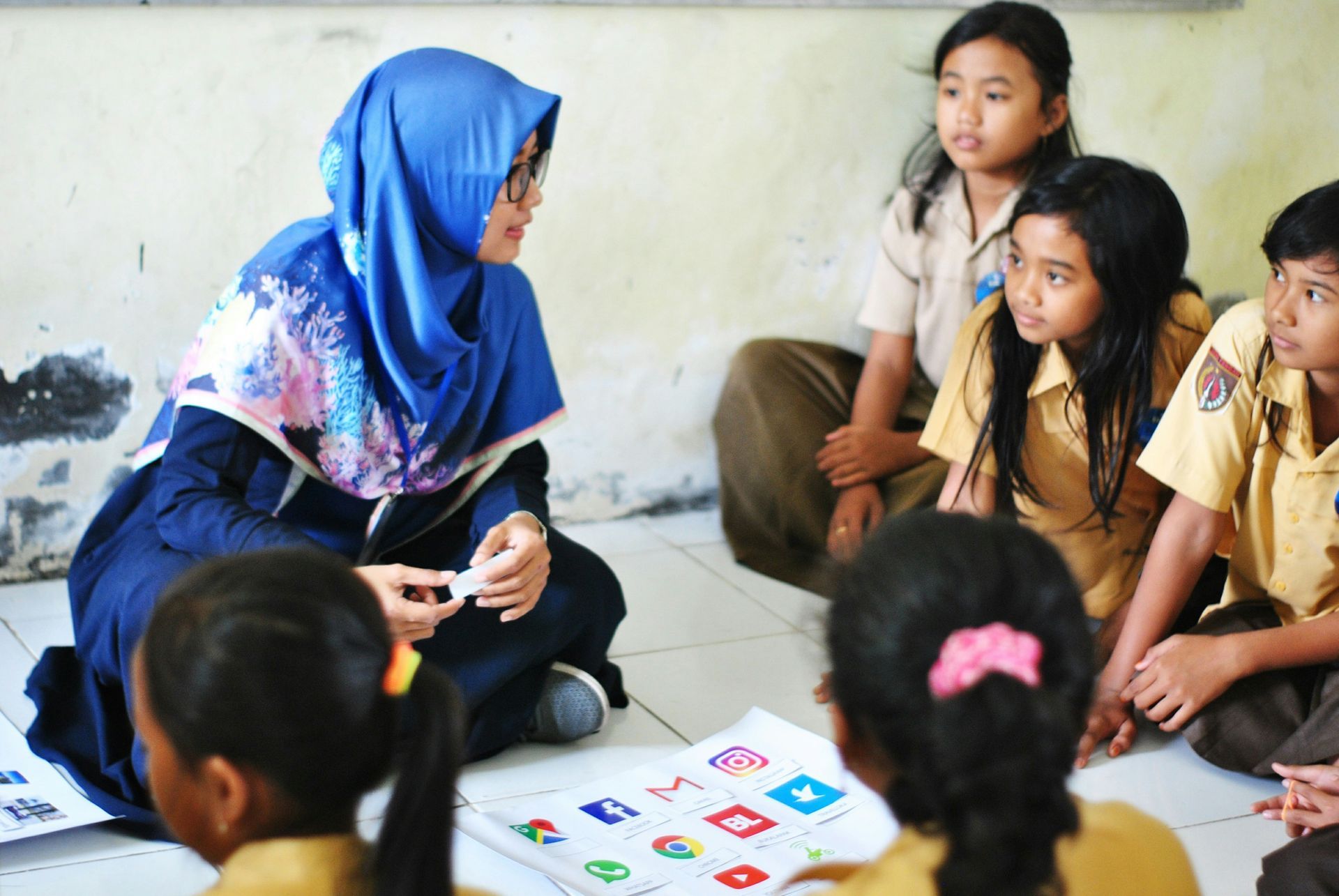





Get our latest insights, opportunities to engage with our networks, and more.
SDSN mobilizes global scientific and technological expertise to promote practical solutions for sustainable development, including the implementation of the Sustainable Development Goals (SDGs) and the Paris Climate Agreement.
Paris
19 rue Bergère
75009 Paris
France
+33 (0) 1 84 86 06 60
New York
475 Riverside Drive
Suite 530
New York NY 10115 USA
+1 (212) 870-3920
Kuala Lumpur
Sunway University
Sunway City Kuala Lumpur
5 Jalan Universiti
Selangor 47500
Malaysia
+60 (3) 7491-8622